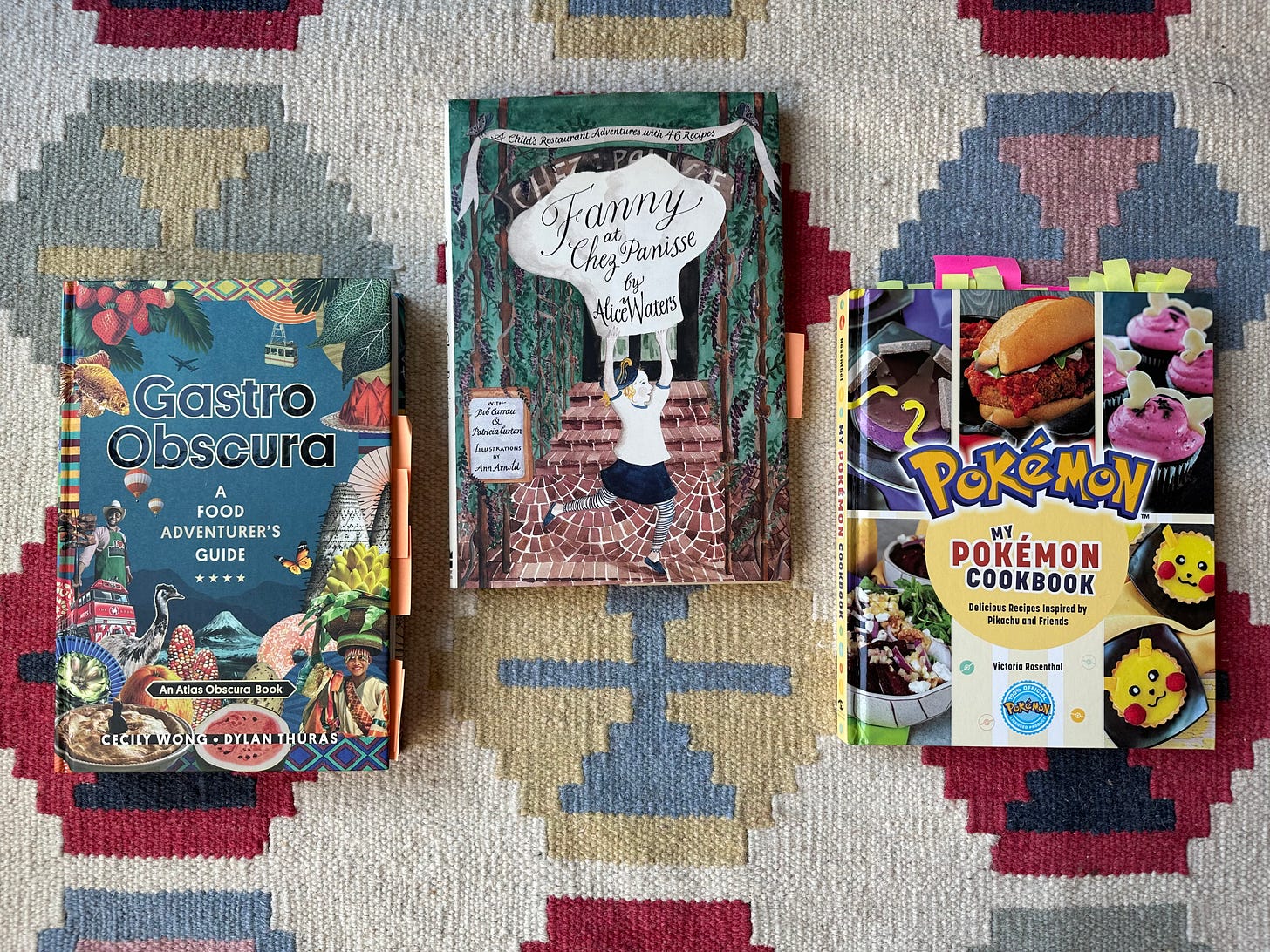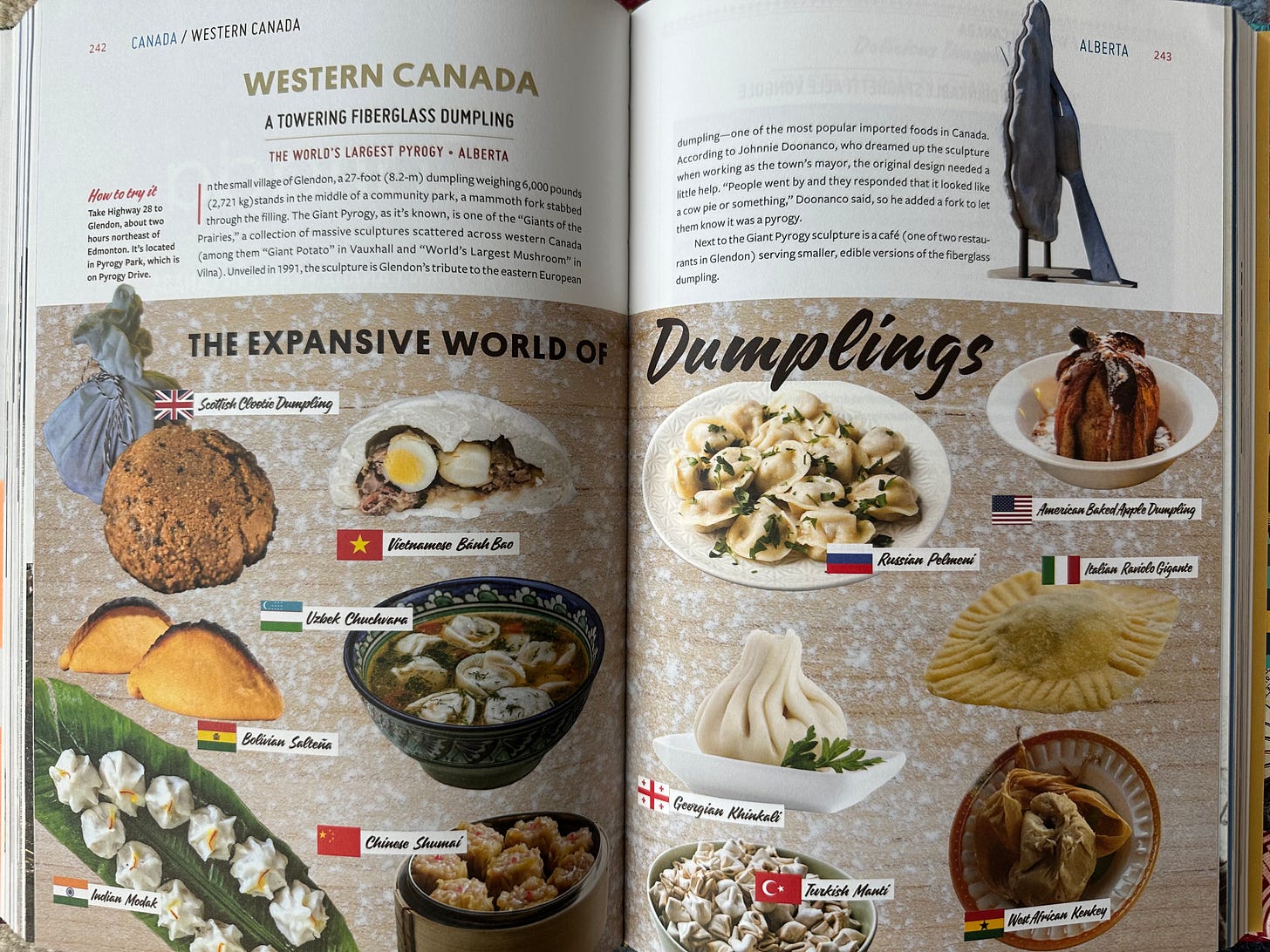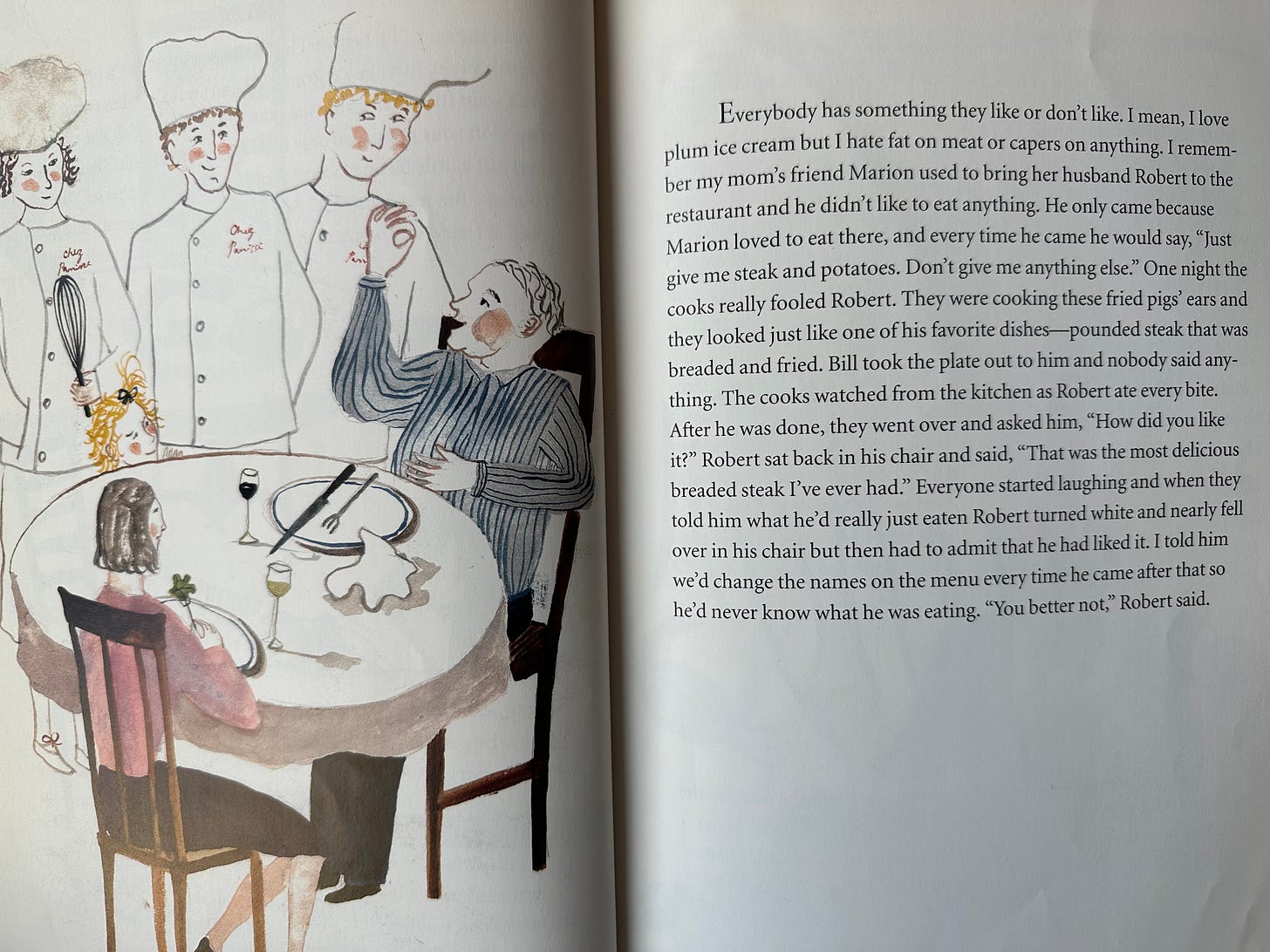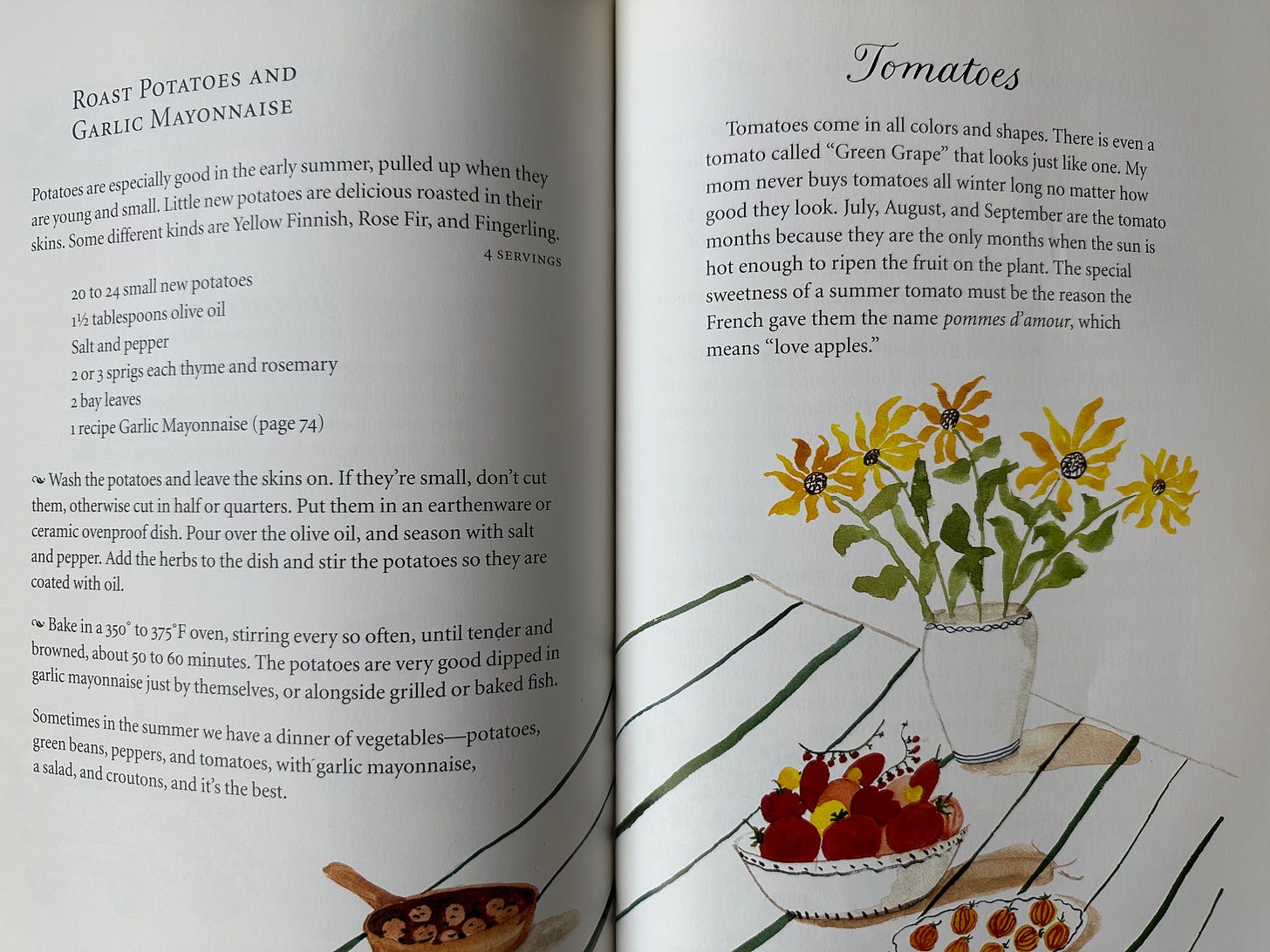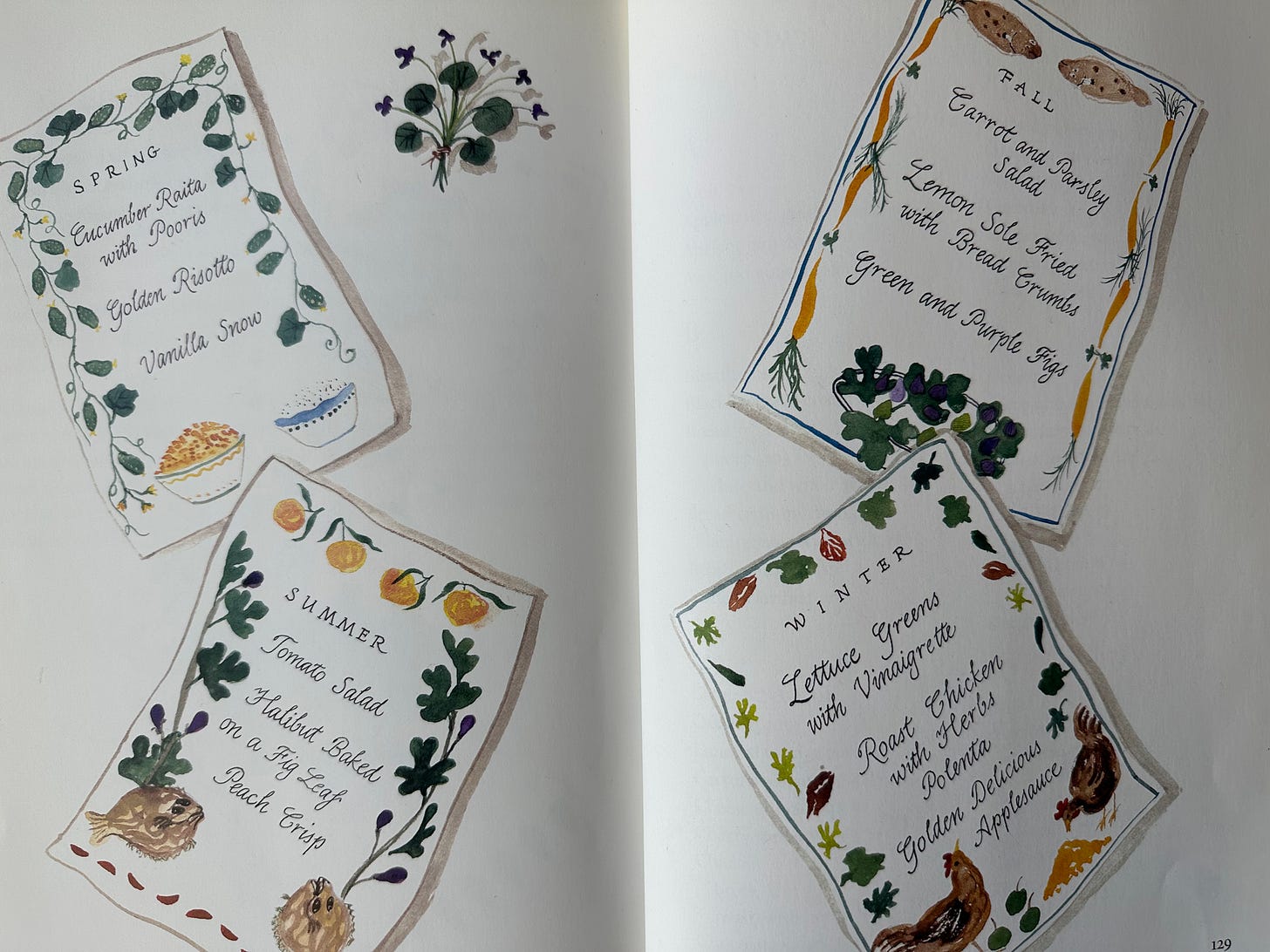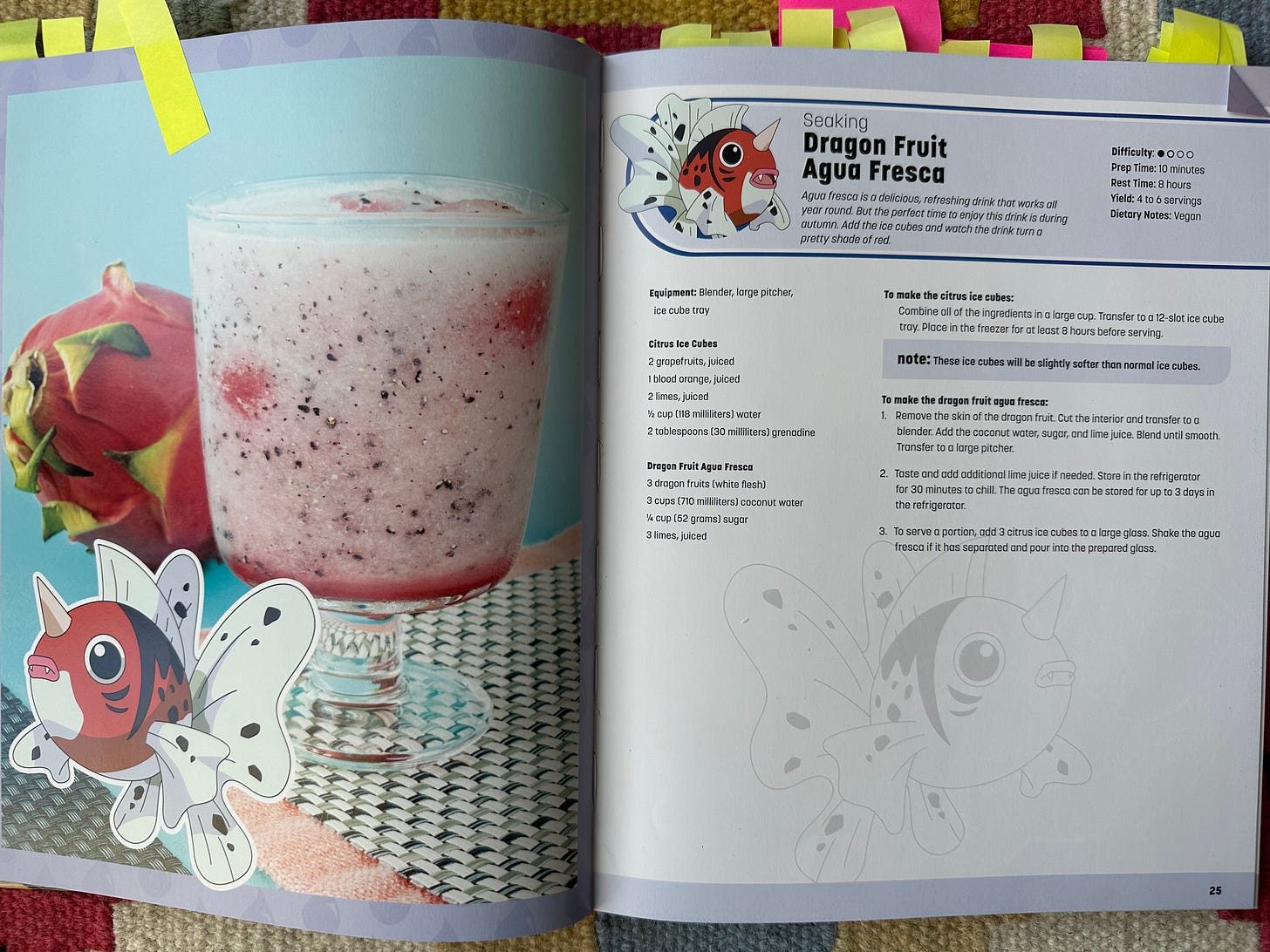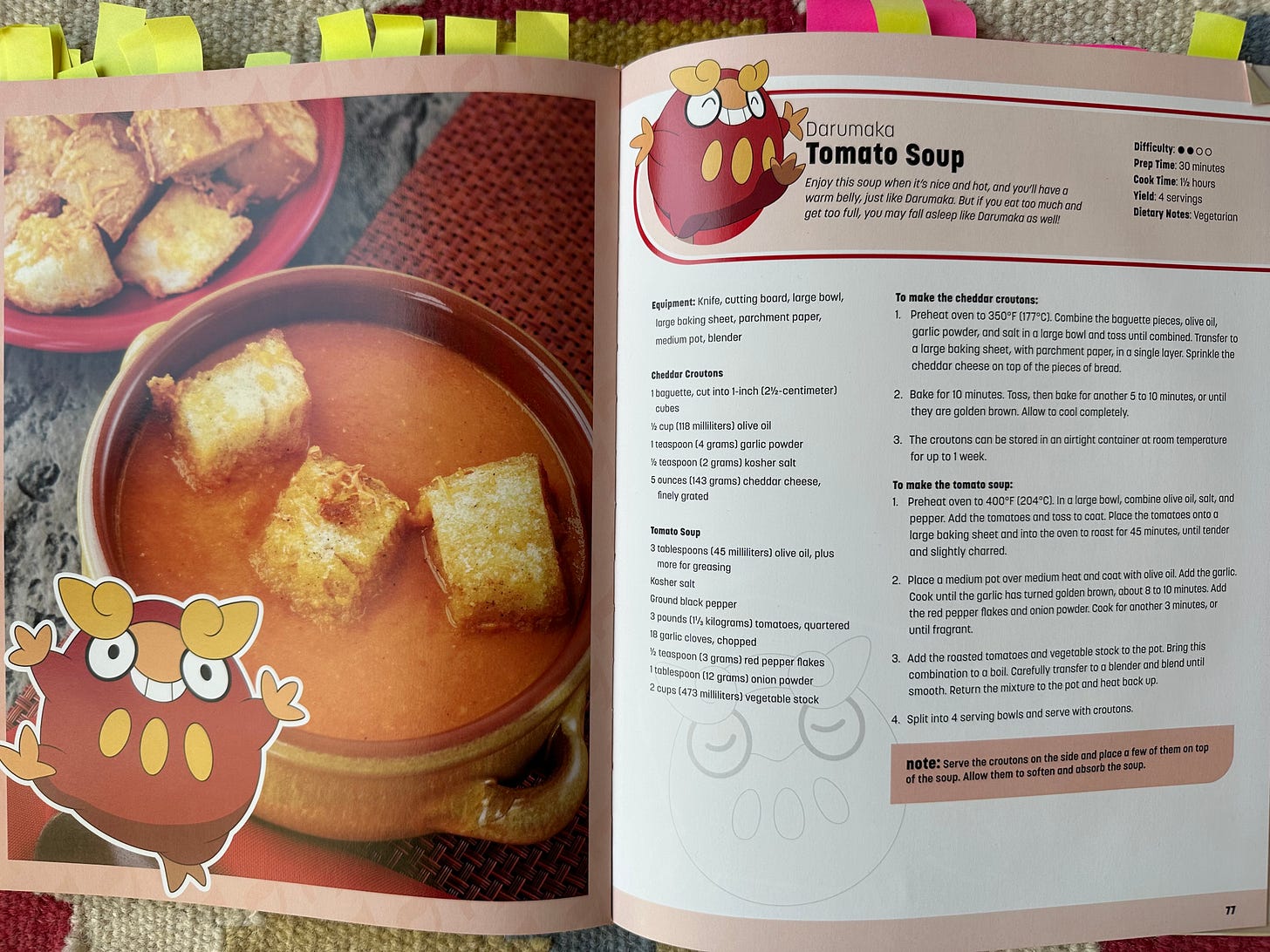Hey friends. I hope your December is going great, that you’re feeling well, getting shit done, enjoying some coziness, and that you’re finding what you need and want in your communities. Today I want to share a little bit about food. This time of year, the question of what to cook is such a big deal — I mean, it’s overwhelming really. What to cook today, what to cook for the big meal, what new recipes to try, what nostalgic favorites MUST BE HAD OR ELSE IT’S NOT EVEN CHRISTMAS. But also, what’s going to meet everyone’s needs, what’s going to be tolerated. What a privilege to have so much anxiety about food, right?? It’s hard because I really do like to cook, but something I’ve learned since becoming a parent is that cooking and feeding people are really two different endeavors. Turns out, different people like and NEED different foods. Such a revelation, but it really did take me this many years to appreciate the distinction. And well, here we are, in Feast Season, which magnifies the day-to-day conundrum. I’ve taken courses, bought planners, tried various methods of surveying my family, assigned categories of meals to different days of the week. I’ve tried not caring so much, and I’ve certainly cared too much. I have no answers. But I do have a few books about food to share with the kids. These will both challenge and support what constitutes a proper meal, they *might* lead to some bizarre requests, and they’ll definitely give you a chance to reflect with your kids about the function and value of food.
Gastro Obscura is an exploration of food traditions, ingredient histories, and contemporary culinaria all over the world. There’s a fair shake of “whoa, people eat *that*??” but overall the book celebrates food bringing people together. We certainly don’t use this book as a meal-planning tool, but it’s a helpful demonstration of the wide variety of things and ways people eat.
Side note: Cafe Ohlone has re-opened and their website features a lot of interesting information about their project and their menu.
Gastro Obscura. 2021, Cecily Wong, Dylan Thuras. Target age: General audience [libraries, bookstores, author interview]
Fanny at Chez Panisse channels the perspective of Alice Waters’ young daughter (now an adult, author, culture critic, and casual but very proficient cook). We get a peek into a typical day in the restaurant as young Fanny introduces us to the various folks who run the kitchen, and of course the bulk of the emphasis is on where the food comes from, and how it gets to the restaurant – often in or ON Alice’s car. The first half of the book is a long-ish narrative, and the second half is a collection of recipes and menus. I was surprised by how the story kept my 6yo’s attention – I think he connected to the young voice, and I suspect he really enjoyed the bits about even adults being picky eaters.
Fanny at Chez Panisse. 1992, Alice Waters, Bob Carrau, Patrician Curtan, Ann Arnold. Target age: Gr3-6 [libraries, bookstores]
My Pokémon Cookbook is a collection of recipes inspired by the suddenly-everywhere (was it always??) cultural juggernaut. Some of the dishes are styled in a very literal way, but many simply have color palettes that evoke specific characters. My 9yo planned their entire birthday menu from this book, and although their guests didn’t actually eat much of the food, I was impressed that all the recipes we made were actually quite good – maybe a bit sophisticated for the age of our guests though. The book includes many vegetarian recipes and includes a really nice page on adapting recipes for allergies and special diets.
My Pokémon Cookbook. 2022, Victoria Rosenthal. Target age: Gr4+ [libraries, bookstores, book unboxing]
Bonus tips: Two more food-focused fictional picture books that we really love are Queen of the Hanukkah Dosas [libraries, bookstores] and Jaya’s Golden Necklace [libraries, bookstores]. Both books feature recipes at the end for the pivotal dishes from their stories. If you and your kids also love reading stories that feature food, check out author Jama Rattigan’s loooong list. You might also like to check out the curriculum resources available at Alice Waters’ education nonprofit.




